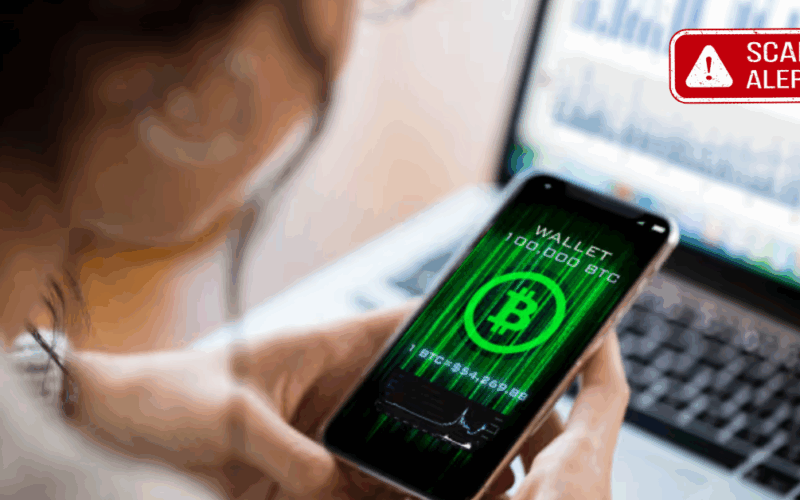Online scams are becoming increasingly sophisticated, and a new warning from the Better Business Bureau (BBB) highlights a dangerous PayPal Bitcoin scam that targets unsuspecting users. Many people interested in cryptocurrency or online transactions through PayPal are falling prey to this fraud, leading to significant financial losses.
This scam is especially concerning for the younger audience who are tech-savvy but might lack awareness of how scammers operate. In this article, we will explain what the BBB has revealed about this scam and share useful tips to protect yourself from becoming the next victim.
What is the PayPal Bitcoin Scam?
The PayPal Bitcoin scam involves fraudsters pretending to be from PayPal, offering to help users buy or convert Bitcoin. Victims receive messages or calls claiming they can double their Bitcoin or provide exclusive crypto deals. To make it appear genuine, scammers use fake websites or emails that look like official PayPal communications.
Victims are then asked to send Bitcoin or money upfront, promising big returns that never arrive. Once the user sends the cryptocurrency or funds, the scammer disappears, leaving no way to recover the lost money. According to the Better Business Bureau, this scam has caused thousands of dollars in losses in recent months.
How Does This Scam Work in Detail?
The scam typically begins with a message that looks like an official alert from PayPal. It might say your account is at risk or that you qualify for a Bitcoin investment opportunity. The scammer then directs you to a fake website that looks very similar to the real PayPal platform.
Once on the site, users are encouraged to transfer Bitcoin or US dollars to receive the promised returns. Some variants even ask for your PayPal login details, which scammers use to access your real account and steal funds. It is important to note that PayPal never asks for sensitive details or payment in Bitcoin through unsolicited communications.
The Federal Trade Commission (FTC) also warns about this kind of scam, advising people to be cautious with unsolicited investment offers and to verify the sender’s identity.
Signs You Might Be Being Targeted
If you receive a message saying you can double your Bitcoin or get an exclusive PayPal crypto deal, be suspicious. Other warning signs include:
- Emails or text messages with poor grammar or spelling errors
- Urgent demands to send money quickly
- Links asking you to log in via non-official PayPal websites
- Requests for your PayPal password or security codes
Remember that legitimate companies never pressure you to make quick decisions with your money. Double-check the sender’s email address and website URL carefully before taking any action.
How to Protect Yourself from PayPal Bitcoin Scams
Here are some simple yet effective ways to stay safe online and avoid falling for PayPal Bitcoin scams:
- Always log in to your PayPal account by typing the official website URL manually, never through links in emails or messages.
- Never share your PayPal login details, passwords, or security codes with anyone.
- Be cautious of offers that look too good to be true – if it promises guaranteed profits, it’s likely a scam.
- Use two-factor authentication (2FA) on your PayPal and other accounts for extra security.
- If you get any suspicious call or message, report it directly to PayPal’s official customer support.
- Stay updated on current scams by following reliable sources such as BBB and FTC websites.
What to Do If You Think You Are a Victim?
If you believe you have fallen for a PayPal Bitcoin scam, act quickly. Immediately change your PayPal account password and enable two-factor authentication. Contact PayPal support to report unauthorized activity on your account. It’s also important to file a complaint with the Better Business Bureau and the Federal Trade Commission to help authorities track and stop scammers.
Sharing your experience on social media or with friends can also raise awareness and prevent others from being scammed.
Conclusion
The PayPal Bitcoin scam is one of many cyber threats that require vigilance and awareness, especially among younger users interested in cryptocurrency. By understanding how these scams work and following simple security steps, you can protect your money and personal data from fraudsters.
Stay informed, be cautious, and always verify before trusting unexpected offers involving your PayPal account or Bitcoin investments.




